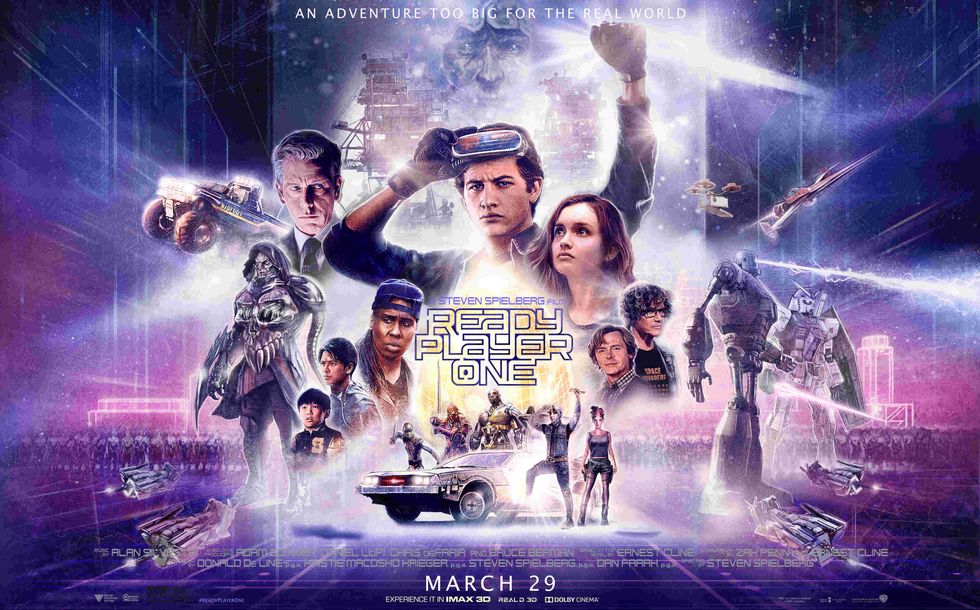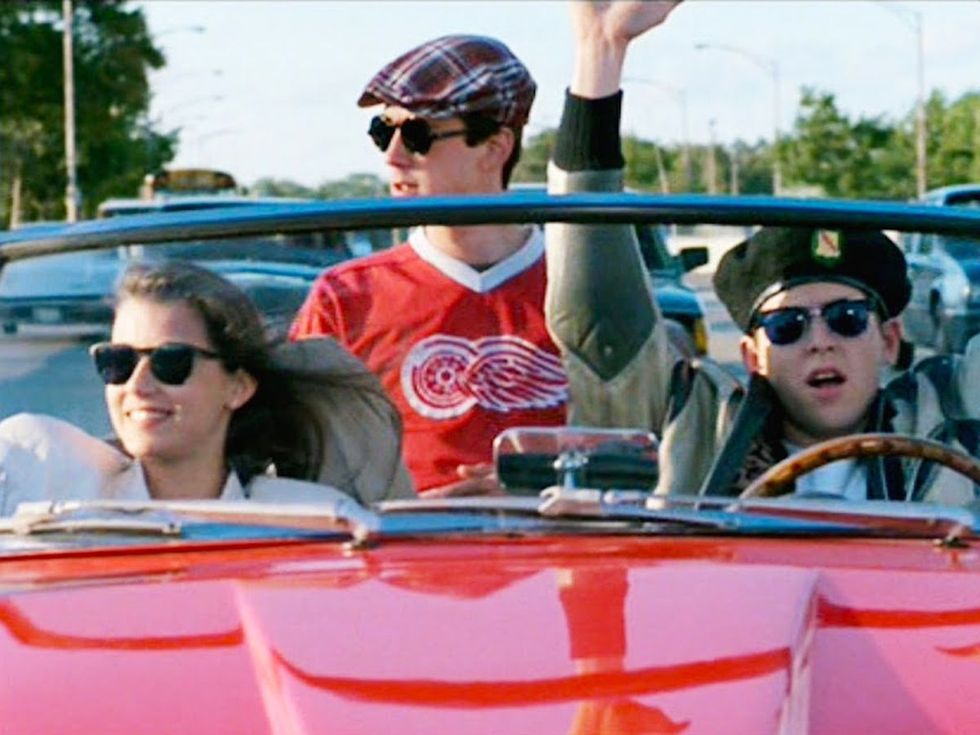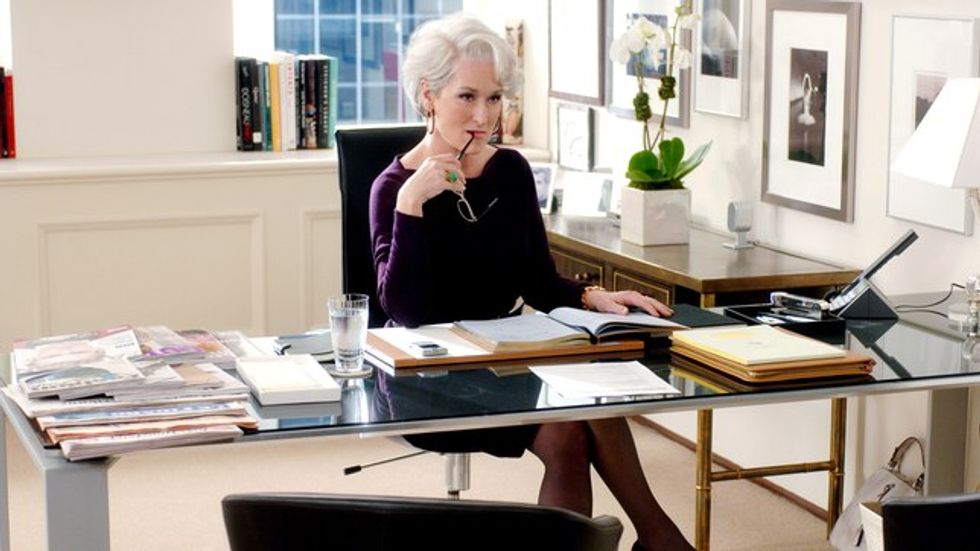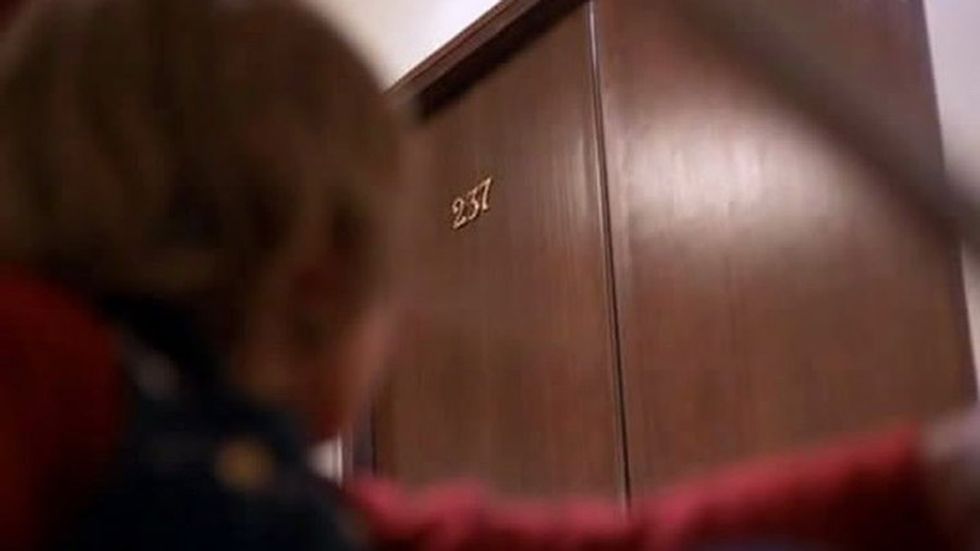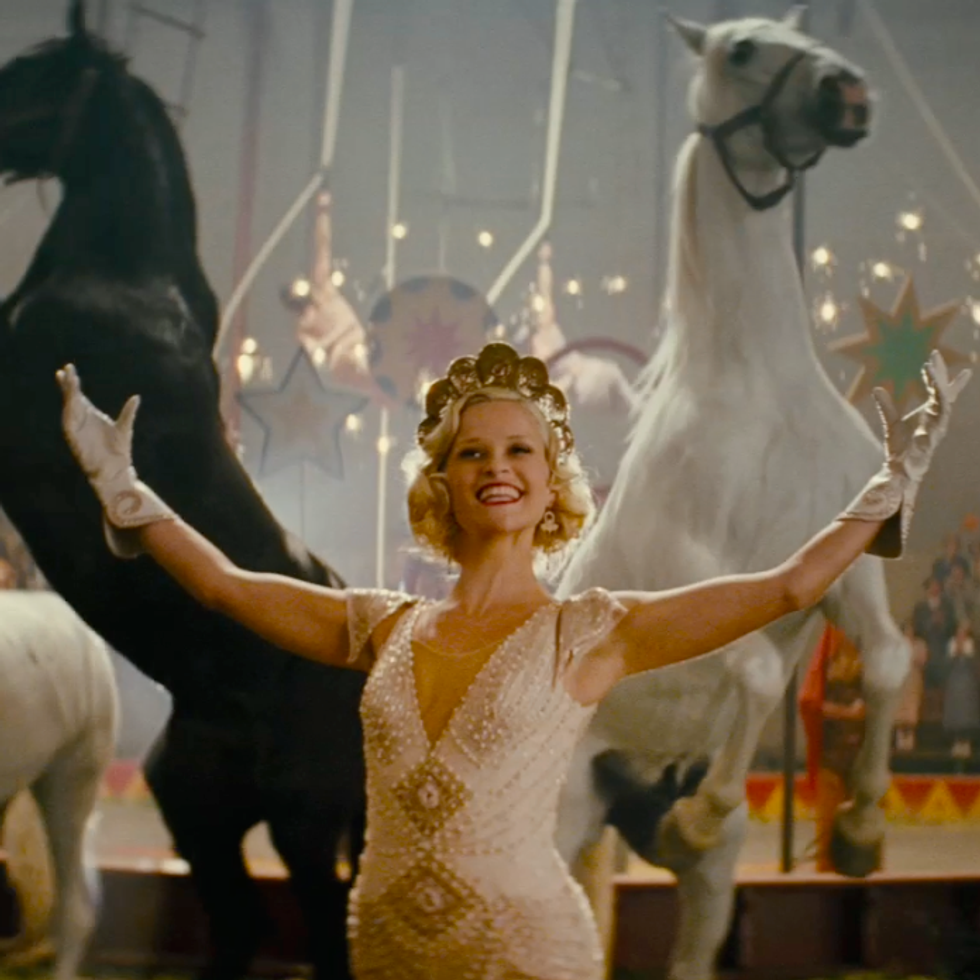here has been a battle between book lovers and the films made to bring them to life ever since moving pictures were invented. As a member of team book lover, I am biased towards my chosen medium, so upon seeing the latest blockbuster "Ready Player One," I was rather disappointed to find that the beloved nerdy novel I had shared with many of my friends and family got a new route to the same end. Spoilers ahead, beware!
Now, I understand that many out there find that an exact page to picture interpretation is uninventive and stale. However, as an avid reader, I look forward to amazing moments in books being translated to the screen. For instance, in the first "Jurassic Park" novel by Michael Crichton, an entire sequence of the novel is not even referenced in the film. I won't give too much away because such an amazing novel deserves to be read by more, so let's just say an intertube, a river, and a t-rex are involved and there is nothing of this major plot point in the original film. Again, I understand that not everything that fits in a 500-page novel can make it to the screen, however, why does Hollywood consistently change the major plot points that made the story what it is?

Now if you don't want even the hint of a spoiler for either Ernest Cline's novel or the new film, turn back now.
The major upset for a novel purist is the fact that all of the major challenges leading to the discovery of the keys and the gates - basically the entire plot of the movie - were changed from what they originally were in the book. In fact, the movie doesn't even include a second challenge before each gate. Now, here is where I address video game lovers: how often in a video game do you complete a challenge to earn a key, and then the gate is just sitting there waiting for you without any challenge? Not very likely. I understand time must be conserved on film, but at least some kind of short challenge could have been possible, right?
A challenge in "Ready Player One" severely lacking in the film pictured below:
My interest has been very peaked by this dilemma, so I did a little research on the process for Ernest Cline as he transformed his book to film. Funny story, Cline is actually a screenwriter as well as a novelist. So when he began the process of transferring words to pictures, he did most of the cutting and revising himself. He did, however, make it clear that he didn't want to lose the integrity of his original story, but after being hounded by the studio, he caved and ditched a lot of his original work for more cinematic options. Spielberg actually saved Cline from losing some of his most precious moments, and Cline viewed the opportunity more as a positive than a negative at the end of the day when he got to amend some issues that he found in his original novel. All in all, it seems in book to movie adaptation, you win some, you lose a lot.
While there are few movies that I have found that can beat the book for detail and intrigue,some books read along with the movie fill in gaps of the story that never made it to screen by filling out the entirety of the characters' lives, for instance "The Devil Wears Prada," yes, it has a book, believe it or not. While the movie wonderfully captures the fast-paced cut-throat world of fashion, the book rounds out the woes and struggles of Andy's life in New York with the extra time print allows. While I saw the movie first, and I'm prone to like whichever I saw or read first better, I still fell in love with the extra background information that the novel version provided.
Now, what about the small, seemingly inconsequential details from book to film that change for no apparent reason? I am currently reading Stephen King's "The Shining" for the first time, and yes I saw the movie first. After seeing Stanley Kubrick's "The Shining" there are three things you can never get out of your head: "Here's Johnny!," "Redrum," and Room 237. One of the first things I noticed in the book was that everyone warned Jack, Wendy, and Danny Torrence to stay out of room 217, not 237. I fixated on this for a while before I looked it up. What could be so important about those numbers that Kubrick thought it needed to change.
After quite a bit of number theory and birth date questions, I finally searched for the answer on the internet. Turns out, the Timberline Lodge in Oregon where they filmed the exterior shots of the Overlook Hotel didn't want guests to be afraid of staying in room 217, a real room in their hotel, there is, however, no room 237 in the Timberline Lodge. Rather an uncomplicated answer to a question that I'm sure many people have pondered.
As a writer, I personally know I would stranglehold my artistic rights to make sure my stories that I've worked meticulously on crafting for years are represented as the story I wrote, rather than a figment of my work such as the "Percy Jackson" films. The most difficult part of this whole issue for me is the fact that I can sit in a movie theater and watch a movie with a room full of people of whom maybe only 10% have actually read the book. Literature is such a beautiful, fierce, and expansive art form, and with the death of print bookstores, more and more printed books go out of style. Books are now a 'hipster' fetish, something you pick up at a vintage store.
Movies are great, don't get me wrong, and as an actor, they're a major part of my livelihood. But I would never understand characters as an actor without my vast library of books that have circulated through my life. So to end this verbal tirade, I leave you with this food for thought: movie makers are taught that if you can use pictures to describe something, then lose the words, while a writer's entire medium is using words to create mental pictures. Seems like the two are going at storytelling from opposite angles, it only makes sense they almost never play in the middle very well.

